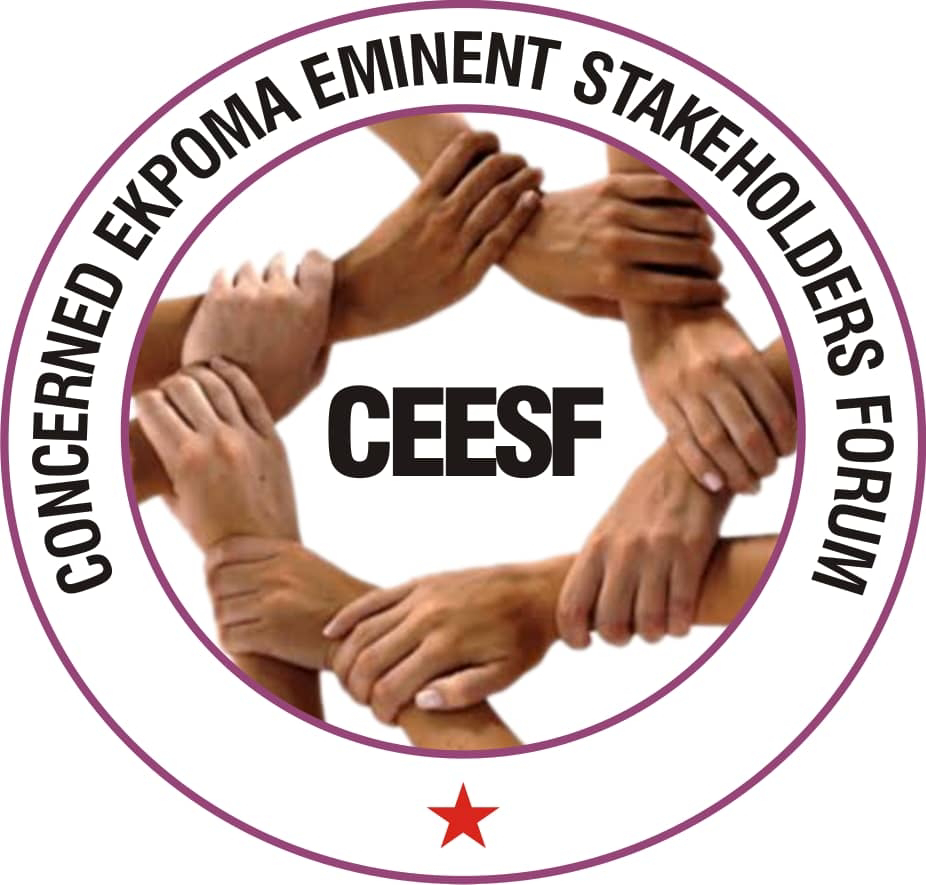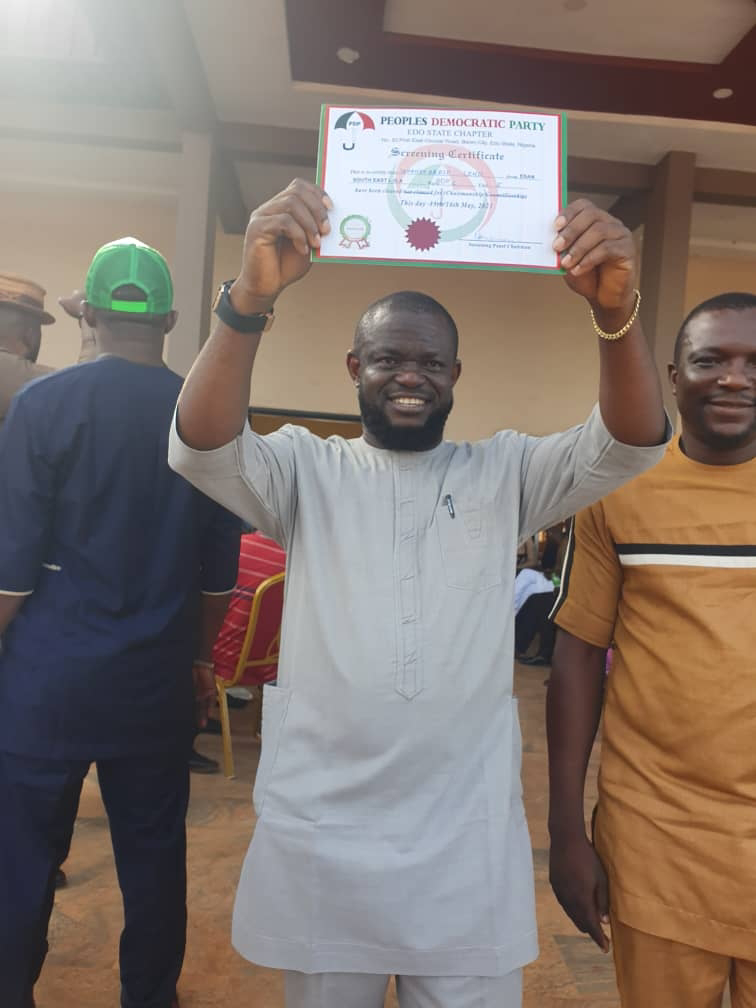Stakeholders Call for Streamlining of Regulatory Requirements for CSOs
By Lucky Isibor
Members of Nigeria's civil societies have called for the streamling of regulatory requirements by all the agencies of the federal government involved in the regulation of Civil Society Organisations (CSOs) in the country to enhance a robust operating environment for practitioners and strengthen the civic space.
Cross section of participants at the conference
This call is contained in a communique issued by participants at the end of the National Conference on Civil Society Regulatory Environment held at the NAF Centre, Abuja from 13 - 15 September, 2022.
While calling for uniform reporting to the regulatory bodies to eliminate multiple demands on CSOs, the communique observed that self regulation creates a platform for CSOs to have a coordinated front for transparency, accountability, credibility and funding approach.
According to the communique, "there is an urgent need to address the issue of the multiplicity of regulations for the CSO sector (especially at the sub-national level). This will include addressing the issue of multiple reporting demands on the CSOs by ensuring uniform reporting to the regulatory bodies.
"Self-regulation creates a platform for CSOs to have a coordinated front for
transparency, accountability, credibility and funding approach. As such, statutory regulation for CSOs should be complementary to self-regulation for the sector as the latter provides a veritable instrument for regulating CSO
operations in the country.
"Regulators must prioritize effective engagements with civil society organizations in order to promote mutual understanding.
"CSOs in Nigeria have always been regulated but recently introduced regulations such as amended CAMA 2020 and the proposed NGO Regulation Bill have provisions that cast doubt on the intentions of the government. These
kinds of regulations are what continue to put both regulatory agencies and civil society actors at loggerheads."
While calling on the government to drive incentives for companies operating in the country to make donations to CSOs and ensure that such donations are deducted from the company's tax liability as stipulated by the Company Income Tax Regulation, the communique called for the amendment of Item 32 Part 1 of the second shedule of the 1999 constitution which deals on winding up of bodies corporate.
"Item 32 Part 1 of the second schedule of the 1999 constitution that deals with
incorporation, regulation and winding up of bodies corporate must be moved from the Exclusive list to the Concurrent list of the Constitution to empower
state governments with the legal backing to deal with such issues as the
provision currently impedes the country resilience and innovation index.
"There is an urgent need for the government to drive incentives for companies operating in Nigeria to make donations to the nonprofit sector and such donations are to be deducted from the company’s tax liability as stipulated by the Company Income Tax Regulation.
"Relevant government agencies must ensure CSOs have access to needed
information on existing guidelines and obligations of the non-profit sector to
ensure total compliance with such regulations. It is therefore imperative for the regulators to constantly engage the CSOs sector with a view to providing
updates and providing needed assistance in compliance with the seemingly multiple regulations including complying with the Financial Reporting Council.
"It is expedient to accentuate that although CSOs are exempted from paying Company Income Tax (CIT), where they do not engage in any trade or
business, they are however mandated to file CIT returns, Value Added Tax
(VAT) returns and Withholding Tax (WHT) returns where taxes of corporate
service providers have been withheld, whether or not they access grants or
carry out projects.
"The Federal and State Inland Revenue Services must as a matter of obligation
constantly engage the non-profit in providing an understanding of the existing tax responsibilities as well as comprehensive guides to aid compliance.
"It is not only relevant but imperative to have harmonization of extant laws
regulating CSOs operations in Nigeria, especially at the sub-national level.
"The unjust clamping down on CSOs on mere suspicion of non-compliance to
certain regulatory demands ought to be a last resort after such CSOs must
have been given more information on compliance by the regulators.
"The requirement for CSOs compliance should be backed by the obligation of
the regulators to build the capacity of the sector to fully understand all its
requirements in the face of the multiple regulatory demands.
"Lack of a proper internal control system breeds distrust in the CSO sector.
CSOs must make it a matter of necessity to institute internal control systems
that promote transparency and accountability within the organization. This can be done by hiring legal and financial consultants including tax experts on a short-term basis to help provide needed support in setting up proper control systems for the organization.
"Ideals of fundamental freedoms are the sheds upon which legislations are built.
Regulatory frameworks, whether statutory or self, must promote the ideals of fundamental freedoms and should not contain elements that could be judged as attempts to stifle the civic space.
"The peculiarities of the Nigerian society must be put into consideration when
developing statutory or self-regulation for CSOs because the sector does not
operate in isolation of the host community.
"Donors/development partners should not work with only CAC-registered CSOs
but must be open to working with those registered with other bodies, including
those registered with States/Local Governments.
"CSOs must help correct /improve donors’ perception of the civil society
regulatory frameworks by CSOs themselves getting to know and understand properly the relevant regulatory frameworks and their requirements.
"There is the need to review the Pension reforms Act 2014 and other relevant
labour law (labour, tax, etc.) to clearly define who volunteers and interns are
for the purpose of determining their pension and tax status."
The maiden edition of the National Conference on Civil Society Regulatory Environment is the first of its kind in Nigeria and was supported by the European Union Delegation to Nigeria and West Africa and EU-Agents for Citizen-driven Transformation ( ACT) Programme through a collaboration of EU-ACT Programme, Open Society Initiative for West Africa (OSIWA) and USAID-Strengthening Civic Advocacy and Local Engagement (SCALE) aimed at improving the civil society regulatory environment in Nigeria.




Comments
Post a Comment